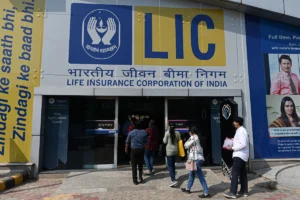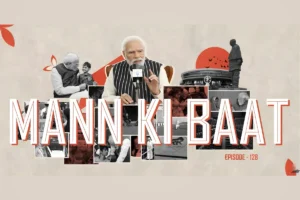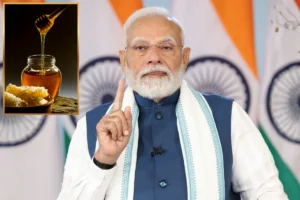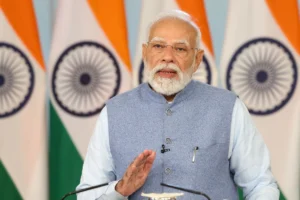
Jaishankar
The BRICS (Brazil, Russia, India, China, and South Africa) grouping must act as a “symbol of change” at a time when the world community is grappling with the fallout of the Covid-19 pandemic, and stresses caused by conflict, external affairs minister S Jaishankar said on Thursday.
Addressing a meeting of British foreign ministers at Cape Town in South Africa, Jaishankar urged the grouping’s members to make sincere efforts to push reforms of international bodies such as the United Nations Security Council and to combat all forms of terrorism, including its financing.
The meeting is expected to shape the agenda for the BRICS Summit to be hosted by South Africa in August, including issues such as the grouping’s expansion and a push for greater trade between the members in national currencies against the backdrop of Western sanctions imposed on Russia.
Jaishankar said the meeting is important in view of the challenging international situation, which demands that Brics members approach key contemporary issues constructively and collectively.
“We are a symbol of change and must act accordingly. This responsibility is even greater as we contemplate the devastating after-effects of the Covid pandemic, the stresses arising from conflict and the economic distress of the Global South,” he said without directly referencing the Ukraine crisis.
Brics, he said, must send out a strong message that the world is multipolar, is rebalancing and “that old ways cannot address new situations”. Contemporary challenges underline the “deep shortcomings of the current international architecture, which does not reflect today’s politics, economics, demographics or indeed aspirations”, he added.
In the face of disappointment over calls to reform multilateral institutions, Brics members should show sincerity in transforming global decision-making, including that of the UN Security Council, he said.
In an apparent reference to China, Jaishankar said: “At the heart of the problems we face is economic concentration that leaves too many nations at the mercy of too few. This may be in regard to production, resources, services or connectivity. Recent experiences impacting health, energy and food security only highlight this fragility.”
To read more such news, download Bharat Express news apps






















